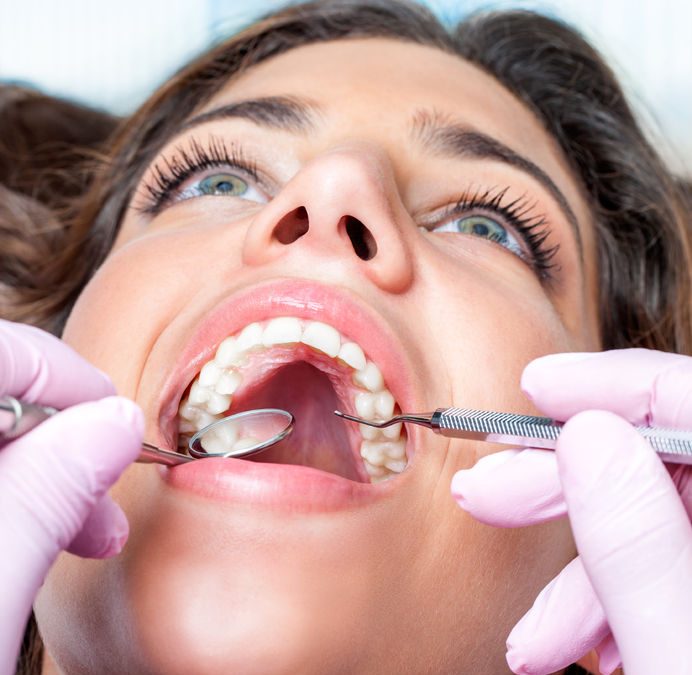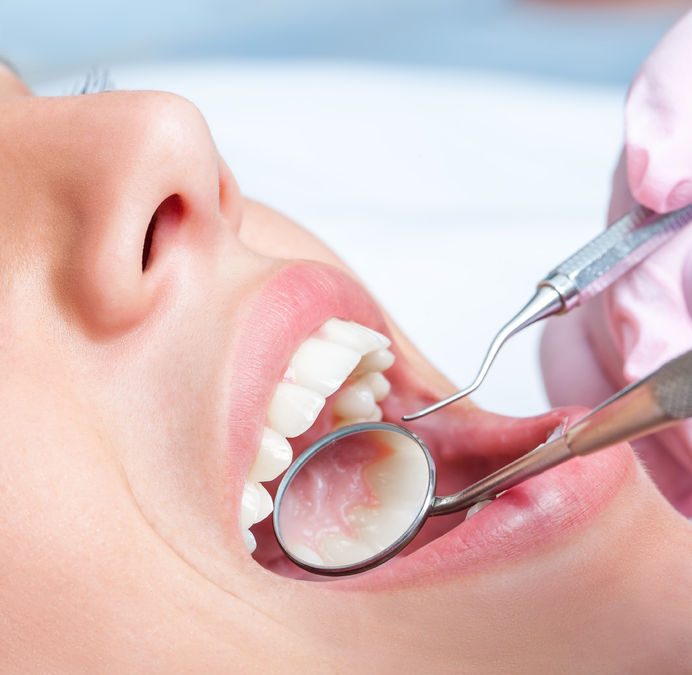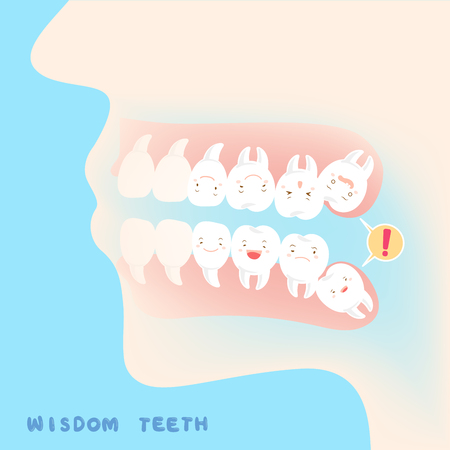Now we have a good reason to enjoy cheese.
- The U.S. Academy of General Dentistry found that eating cheese increased production of alkaline saliva
- Also found that chewing cheese created a protective layer around teeth which kept remaining acid at bay
- But mouthwash was still found to be the best protection against cavities
Cheese helps reduce cavities forming in teeth because it neutralises plaque acid, according to a new study.
Researchers found that the fermented dairy product made the mouth more alkaline, which in turn reduced the need for dental treatment.
They also discovered that cheese created a protective film around teeth.
Tuck in!: A U.S. study has finally given people an excuse to indulge in a cheese board. Cheddar raises the mouth’s pH which reduces the risk of cavities
The higher the pH level (the more alkaline) on the surface of teeth, the more teeth are protected against dental erosion, which causes cavities and leads to fillings, said the study.
The research, carried out by the Academy of General Dentistry in the U.S., divided 68 children aged between 12 and 15 into three groups.
One group was asked to consume a daily portion of cheddar, another a sugar-free yogurt, and another a glass of milk, followed by a mouth rinse.
The pH levels on their dental plaque were measured both before the test and then ten minutes, 20 minutes and half an hour afterwards.
Those who ate the yogurt or drank the milk showed no changes to the pH levels in their mouths at any of the intervals, said lead researcher Vipul Yadav.
But those who ate the cheese showed a ‘rapid’ increase in pH level at each of the time intervals.
Read more: http://www.dailymail.co.uk/health/article-2336850/Forget-gum-Eating-CHEESE-prevent-tooth-decay-neutralises-acid-mouth.html#ixzz4QGOMxgBA

What you need to know about Oral Cancer
What you need to know about Oral Cancer People are affected by oral cancer all the time, whether it occurs in the neck, on your lip or in your gums. Knowing the causes, symptoms and how to prevent oral cancer are all very important to know and be aware of. In this...

Diabetes and Oral Health
Are diabetes and dental problems related? Yes, the two are very much related in the sense that if it has been determined that you have diabetes then you're more than likely at a risk for developing oral health problems, especially gum disease. Did you know that...

All you need to know about Wisdom Teeth
All you need to know about Wisdom Teeth We've all heard about wisdom teeth but do you know everything about them? Read this article to learn more about wisdom teeth as we answer some commonly asked questions about them for you. What are wisdom teeth? The third and...

